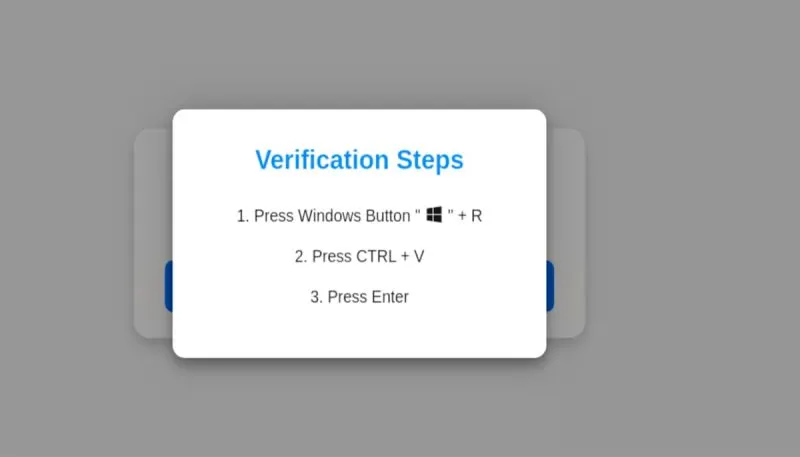The Privacy Risks Of Fitness Apps: Balancing Data And Rewards

Fitness apps have become essential tools for many looking to improve their health. These apps motivate users with rewards like discounts or free products when fitness goals are met. However, behind these perks lies a significant privacy concern.
Fitness apps collect, on average, 13.8 personal data points per user, including steps, sleep patterns, heart rate, and even dietary habits.
While the data is invaluable to insurance companies and employers, it raises significant privacy risks. Insurers use this information to calculate risk scores, potentially increasing premiums or affecting eligibility for benefits.
Worse, if an app is hacked, personal health data can be leaked, used in scams, or sold to third parties for marketing purposes without clear consent.
So, should you stop using fitness apps? Not necessarily. Experts recommend assessing the value of the perks versus the privacy trade-off. Reviewing an app’s privacy policy and understanding what data is collected and shared can help users make informed decisions.
If the app allows it, users can limit the amount of data shared or opt out of certain data-sharing practices.
Ultimately, while fitness apps can enhance your health journey, it’s essential to consider privacy risks carefully. By staying informed about the apps you use, you can enjoy the benefits of fitness tracking while safeguarding your personal data.





















Comments